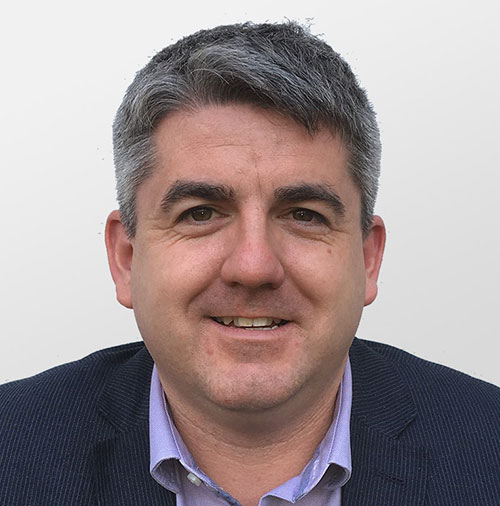Chris Sowton
Educational Consultant
* Freelance Consultant *
Chris Sowton has been working in the field of English Language Teaching for 25 years. He has worked for a range of institutions, including Cambridge University Press and the British Council, and taught at institutions including Cambridge University and King’s College London (University of London).
He has written extensively in the field, as author or co-author on more than 20 ELT books, including CUP’s Unlock series and the recently published Teaching in Challenging Circumstances.
He has conducted teacher training and educational research in many countries, including Lebanon, Jordan, Palestine, Nigeria, Saudi Arabia, India, Somaliland, China and Indonesia. He has an MA, a DELTA and is currently pursuing a doctorate at the University of Bath. Further information can be found at www.chrissowton.com.
We need some space: grasping for the COVID dividend in education.
The impact of the COVID pandemic on our daily lives has been seismic. Whilst our understanding about its impact on education is still in the early stages, there are many reasons to be concerned. This session will explore five types of “spaces” in the educational ecosystem where teachers and educational leaders can make meaningful changes in the post-pandemic era – and can use the tragedy of COVID as an opportunity for positive transformation to correct long-overdue anomalies which have become fossilised in education systems. This is especially important given the hugely differentiated learning experiences which students have experienced during prolonged absences from the classroom. The five spaces, and some of the specific issues which will be explored, are as follows:
- Physical space (creating biologically and pedagogically optimised classrooms);
- Mental space (ensuring that learning experiences are valued as well as the learning outcomes);
- Emotional space (supporting readjustment and creating tolerant school environments);
- Learning space (integrating technology effectively, widening the curriculum and promoting alternative pedagogies);
- Epistemic space (valorising different forms of knowledge).
